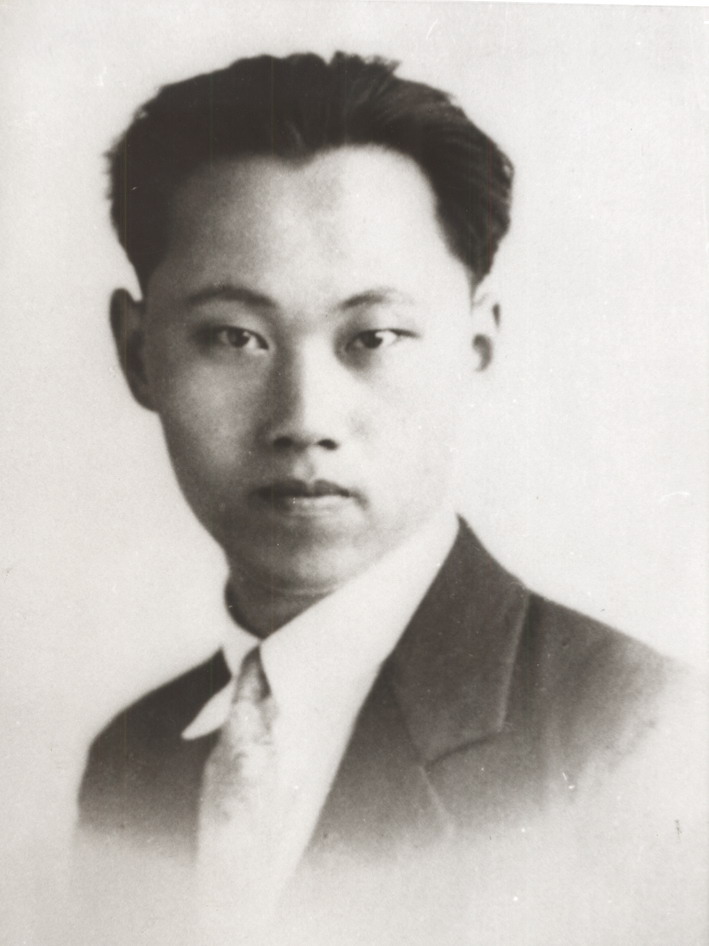074 王炳南1908—1988
陕西乾县人。1929起赴日本、德国留学。1936年奉命从德国回国,做争取杨虎城和十七路军的工作。在和平解决西安事变过程中,协助周恩来为首的中共代表团工作。1945年国共重庆谈判期间,任毛泽东的秘书,后任中国共产党驻南京代表团外事委员会第二副书记兼发言人。1947年后任中共中央外事组副主任。中华人民共和国成立初期,协助周恩来筹组外交部,并任部长助理。1955年任中国驻波兰大使兼中美大使级会谈中方第一任首席代表,参加了长达9年的中美会谈。1964年回国后任外交部副部长。1975年后任中国人民对外友好协会会长等职。
王炳南1908~1988wang bingnan
乾县好畤村人。共产党员。无产阶级革命家、外交家。自幼受父亲王宝珊(老同盟会员)影响,倾向革命。1925年在西安求学期间加入中国社会主义青年团。同年,根据团组织安排回乾县进行革命宣传,发动“交农”运动。1926年8月加入中国共产党,与张含辉等一起组建中共乾县特别支部,担任特支组织干事;同时创办《民声》小报,由进步青年学生在街上张贴散发,支援西安反围城斗争。同年11月,任中共乾县特支书记。1927年4月,任乾县农民协会筹委会常委和国民党西安党部宣传部长。7月,任中共淳化第一初小支部书记。1929年由杨虎城资助赴日本、德国留学。在德国期间,任德共中国语言组书记,国际反帝大同盟东方部主任。1936年春被中共驻共产国际代表团派回国内,做争取杨虎城部国民党第十七路军的抗日统战工作。西安事变前后任西北民众运动指导委员会主任、旅欧华侨反帝同盟会主席等职。事变后在沪、汉地区做统战和国际宣传工作。1938年11月,出任东方局外事组组长、重庆工委候补委员。1945年8月,重庆谈判期间,担任毛泽东的秘书。1946年,曾在中共驻南京代表团工作,任中共中央外事委员会副书记兼发言人。1947年随代表团撤回华北解放区,任中共中央外事组副组长,参与制订党的对外政策。建国后,历任外交部办公厅主任、部长助理、外交部副部长等职。1955年出任中国驻波兰大使兼中美大使级会谈中方首席代表,参加了长达9年的中美会谈。1964年后,历任外交部副部长、全国政协第五届常委、全国人大第五届常委、外事委员会委员、中国人民对外友好协会会长兼党组书记、中国人民对外友好协会名誉会长等职。文化大革命中受到迫害,1975年恢复工作。1988年12月22日在北京逝世。按照他的遗嘱,其生前积蓄的两万元人民币捐给家乡好畤村兴建炳公小学,骨灰从北京八宝山公墓迁回安葬在这所校园里。

王炳南1892~1933
桑植人。参加北伐战争和南昌起义。时为营长。后回桑植组织游击队,不久加入中国共产党,参与开辟湘鄂边根据地,任红四军大队长。1929年后历任红军第一路指挥、红二军团第二军四师师长、红三军教导一师师长、洪湖独立师师长、红三军九师参谋长等职。1933年因反对“左”倾路线被错捕,6月被杀害。
王炳南1892—1933
中国工农红军高级指挥员,湘鄂边红军和革命根据地的创建人。桑植人。1919年入湖南靖国军贺龙部当兵。1926年参加北伐战争,任国民革命军第二十军营长。1927年8月,参加南昌起义。起义失利后返回家乡桑植地区组织游击武装。1928年3月参加湘鄂边起义,同年6月加入中国共产党。历任中国工农革命军第四军大队长、第一路指挥、中国工农红军第四军代理军长。1930年后任红二军团红二军第四师师长、红三军教导一师师长、湘鄂边独立团团长、洪湖独立师师长、红三军第九师参谋长等职。参与组建红四军和开辟湘鄂边革命根据地的斗争,转战洪湖和湘鄂边地区。1933年夏,在“肃反” 中被诬陷,同年7月被错杀于湖北省鹤峰县麻水。